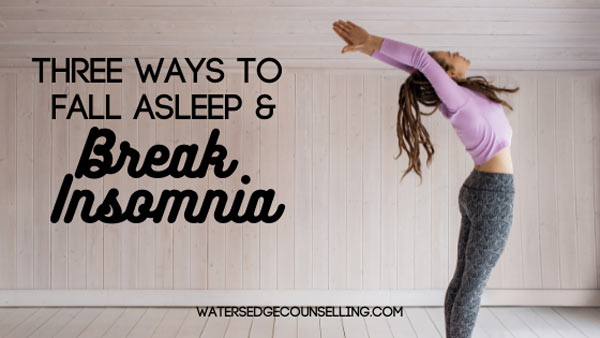
Your mental health is important – and a key factor in caring for your wellbeing is a good night’s sleep. If you aren’t getting enough sleep for one reason or another there are some things that you can do. Some of them involve light exercise, while others are simple changes that you can make to either your diet or lifestyle to increase your sleep on a regular basis.
-
Snack Smart Before Bed
The first simple change that you can make to your lifestyle to help you sleep better at night is to change your bedtime snack into one of the more sleep friendly snacks. For example, one study showed that rice before bed helped people get more sleep than those who ate noodles. Keep in mind that rice is a high carbohydrate food so it’s best to eat it in moderation. But a small cup of rice pudding before bed could help you sleep better at night. There are other foods that can help you sleep like honey, kiwi fruit, cherries, and more.
-
Put the Phone Away
Another tip that can help you to sleep better at night is to put your phone away before you go to bed. Sleep Hygiene is the habits that you create to ensure that you get a better night’s sleep. One good habit that you can create to help you sleep better is to turn off or put away your phone when getting ready for bed. You should try this because it’s been proven that the blue light that electronics emit can disturb your natural sleep pattern. Another thing you can do is install a blue light filtering app if your phone doesn’t come with the option preinstalled.
-
Try Some Yoga Poses
If your more athletically inclined, another tip you can try to help you sleep better each night is to try performing some yoga poses before you go to bed. There are many different yoga poses for better sleep and many of them are outlined in the infographic below by SleePare. Some of the easiest yoga poses that you can try are the child’s, corpse, and reclined butterfly poses. Try them and see if you don’t sleep better tonight.
While there are other things that you can try to get better sleep, if you have still have trouble sleeping it might be a good idea to speak with your mental health professional to see if there are any underlying mental health issues that need to be addressed before any of these tips work for you.
Do you struggle to keep a regular sleep routine? Do you feel lethargic, anxious, or have insomnia? All of these can be connected to mental health. Here’s what you need to do: Contact Colleen on 0434 337 245 or Duncan on 0434 331 243 for a FREE 10 minute consultation on how we can best help you or book online now.

Leave a Reply